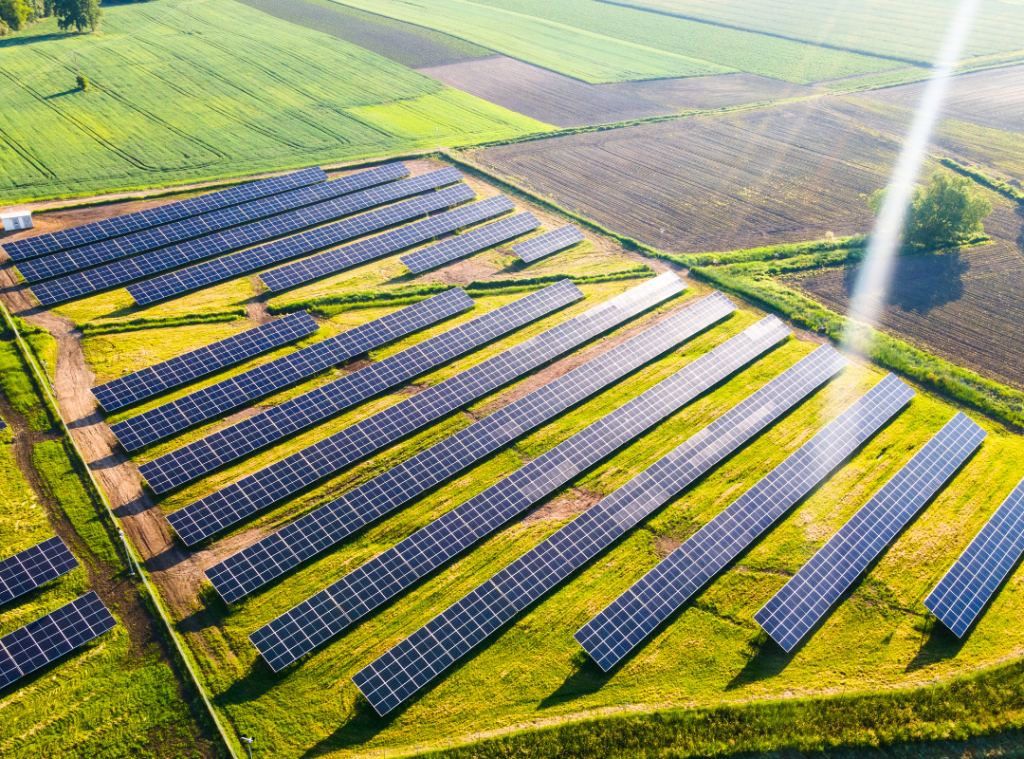
In 2024, the renewable energy sector continues its rapid evolution and we’ll get into a few of the latest advancements.
1. Energy Storage
Advancements in energy storage technology are transforming renewable energy. Though Next-gen batteries were first introduced over the last few decades, the broader landscape has advanced to meet the evolving needs of modern energy systems. For instance, in recent years, novel energy storage technologies such as hydrogen fuel cells, compressed air energy storage (CAES), flywheel energy storage, and thermal energy storage have emerged as promising alternatives or complements to traditional battery systems. These technologies offer unique advantages in terms of scalability, reliability, and environmental impact.
2. Floating Solar Farms
Floating solar PV installations are gaining ground in 2024, especially in areas with limited land. They utilize water bodies like reservoirs, offering benefits like reduced land use, improved efficiency from water cooling and working synergistically with hydropower.
The “Global Floating Solar System market size was valued at USD 316.93 million in 2023 and is expected to expand at a CAGR of 18.52% during the forecast period, reaching USD 878.55 million by 2031,” according to the 2024 Global Insight Report on the “Floating Solar System Market”
3. Green Hydrogen Production
Green hydrogen, produced from renewables through electrolysis, is rising in 2024 as a low-carbon energy carrier. It’s seen as a solution for decarbonizing industries like heavy transport and heating, while driving down production costs and allowing for scalability in terms of capacity.
4. Digitalization and Smart Grids
The adoption of Digitalization and smart grids is enhancing renewable energy systems in 2024. AI, IoT sensors, and data analytics are having a hand in optimizing operations, improving grid stability, and enabling dynamic demand response.
5. Recycling Approaches
In 2024, there’s a growing focus on circular economy principles in renewable energy. From using recycled materials in solar panels and wind turbines to repurposing and recycling end-of-life components, we’re seeing an emergence of these practices.
The future of renewable energy looks promising in terms of a widespread adaptation and desire amongst more and more to drive sustainability, energy independence, and economic growth – a win-win for businesses and the environment.
